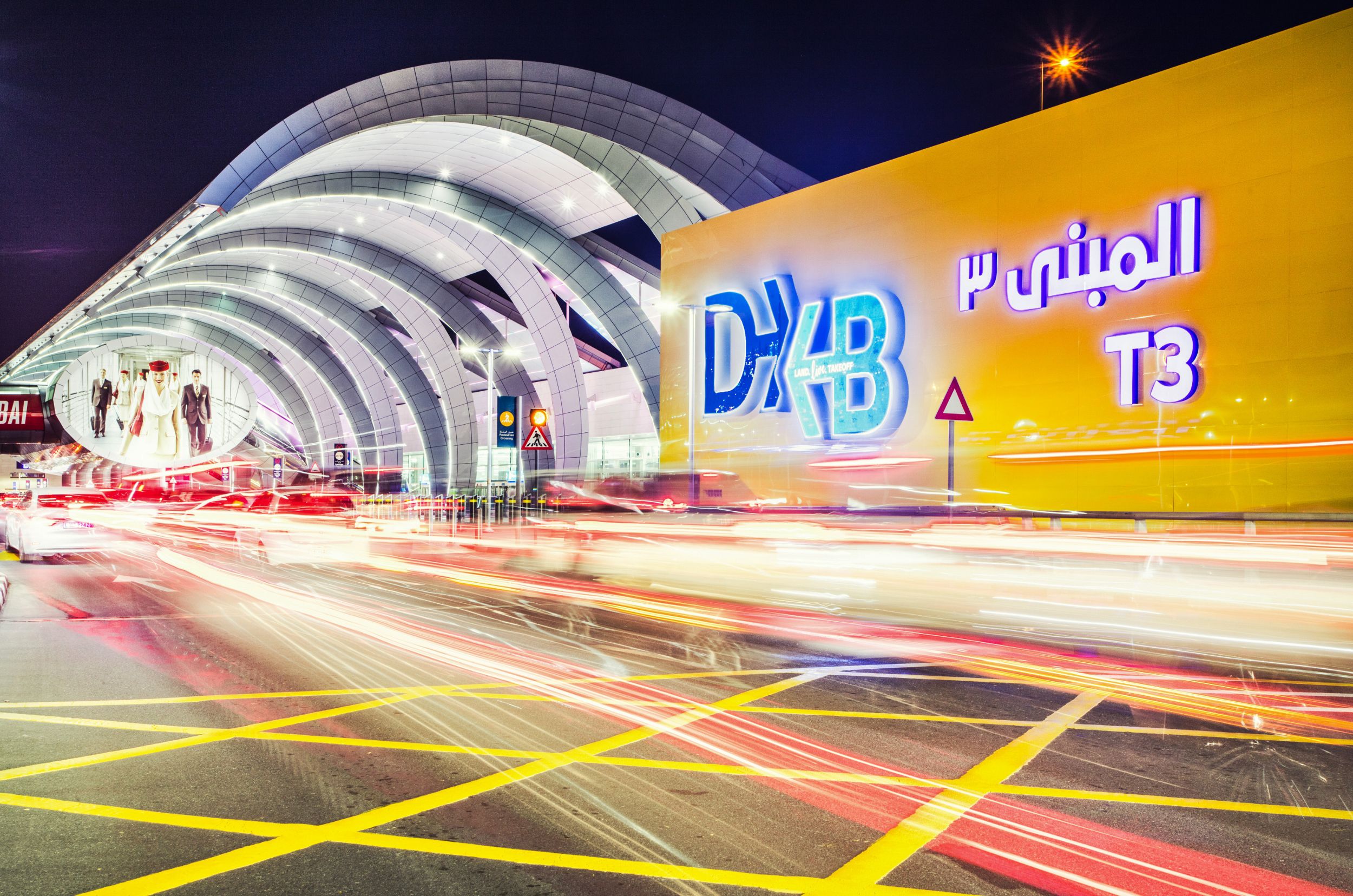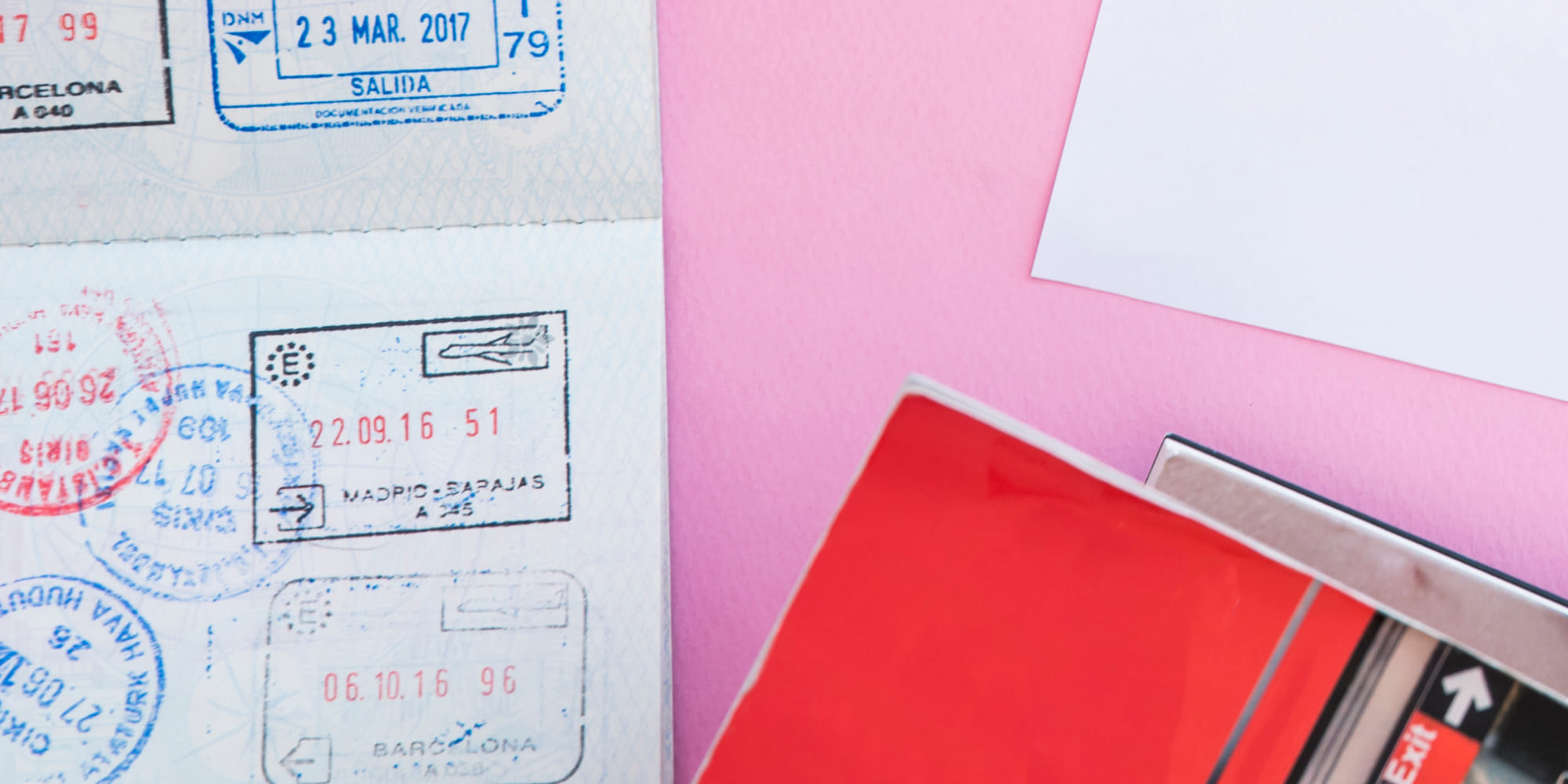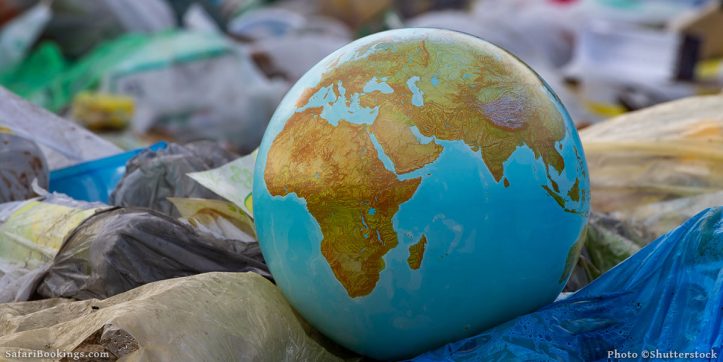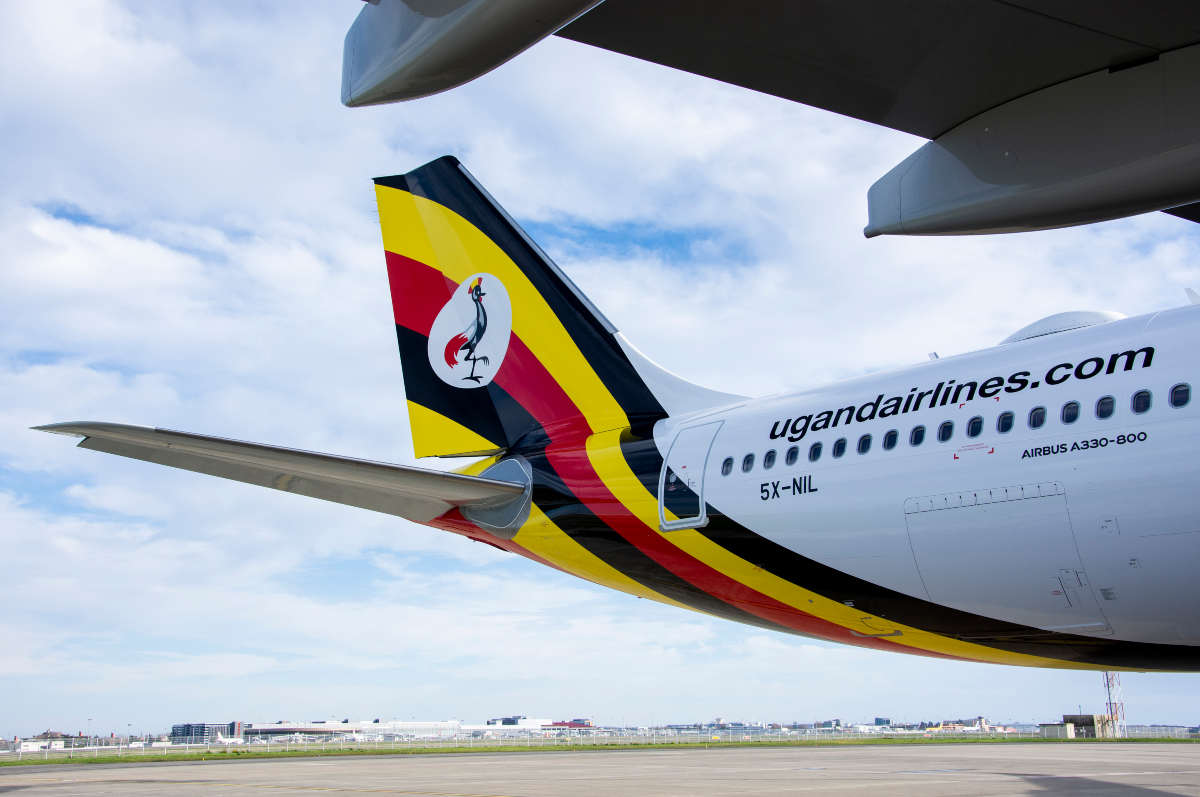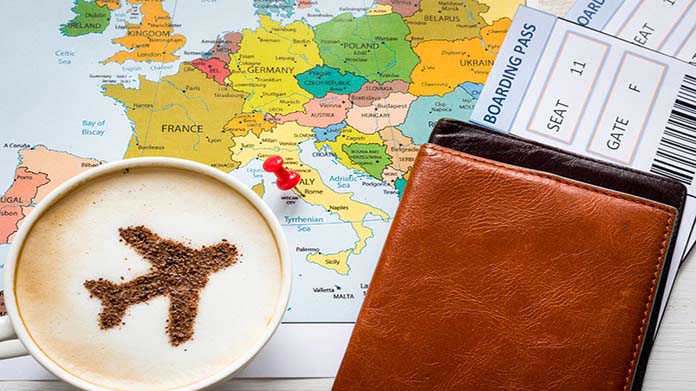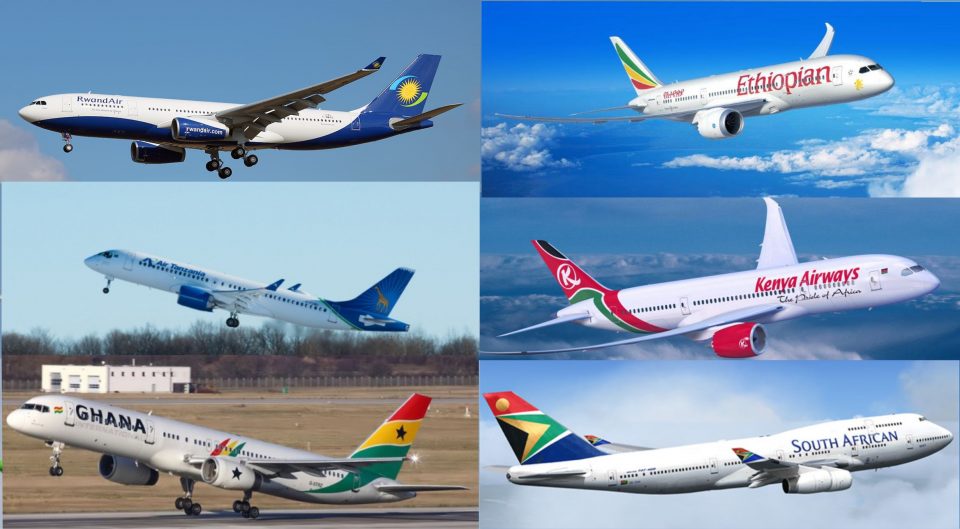When is the travel industry as a whole going to prioritize sustainability by deed and not word? Time is running out and the complacency and greenwashing around climate action from aviation and cruise, as well as the ongoing lack of better options for the rising conscious consumer are alarming. Most are back to business as usual — and it’s scary as hell.
Sixty-one percent of U.S. travelers want to vacation more sustainably — a 15 percent increase from last year — while 73 percent of global travelers say sustainable travel is important to them, with a majority feeling the need to make better choices as a result of recent climate change news.
That’s the latest data from Booking.com’s 2022 Sustainable Travel Report, released this month, surveyed more than 30,000 travelers across 32 countries and territories. “Sustainable travel is no longer the ambition of the few but of the many,” the report reads.
It is indeed a compilation of warm and fuzzy consumer intentions and values. But the data belies an alarming ongoing pattern when it comes to consumer data on sustainability: a say-do discrepancy, the industry’s near-decade failure to catch up with the rising conscious consumer beyond marketing campaigns, and the mounting feelings of shame for long-haul flights with nearly one third of travelers now feeling this way.
It all points to the fact that industry leaders as a whole have been saying a lot about sustainability, but they’re not doing nearly enough, fast enough.
The Values-Behavior Gap
Travelers may be more interested in traveling sustainably — who’d disagree about not contributing to burning the planet or exploiting host communities — but in the eight years since Booking.com’s reports and other surveys indicating the same, the data shows they remain unsure of how to do it, where to find the information, or simply lack initiative.
In spite of some progress from online travel agencies such as Booking.com’s Travel Sustainable search tool, the knowledge is lacking but so is the conviction to dig further to find the few options that exist and put one’s money where one’s mouth is. Cost and convenience continue to trump sustainable travel decisions.
“[I]t’s clear there’s work to be done to evolve perceptions and change behaviors,” said Booking Holdings CEO Glenn Fogel in the 2022 report.
That said, Booking.com said it stands out in its initiatives among its travel peers, including creating a “Travel Sustainable Badge” and an overview of individual property sustainability efforts found on the Booking.com app and website, remaining carbon-neutral in its own operations in 2021, transitioning to 100 percent renewable electricity by the end of 2021, and providing funding and mentorship to a wide variety of sustainable startups and non-profit projects.
Still, back to consumers, we can look back to 2019, when 40 percent also said they didn’t know how to make their travels more sustainable, and a similar amount said they couldn’t afford the extra expense of it. Three years later, more than half don’t look for the property’s sustainability efforts before booking, 31 percent say they didn’t know sustainable accommodations existed, and 29 percent don’t know how to find them.
Encouraging sustainable behavior by giving some kind of benefit to the traveler in exchange could work in changing behaviors, said Elke Dans, global director of programmes at The Travel Foundation, at Skift Forum Europe, adding that tourism boards are well placed to positively influence behavior through nudging techniques.
Sure, there have been improvements from a handful in global tourism to meet this demand for conscious trips. Small and independent tour businesses are leading the way with low carbon itineraries and stays. Tourism boards’ marketing messaging has made strides with conscious and equity-driven travel choices since the pandemic as they embrace a hybrid model that includes destination management.
Destinations are also taking their role more seriously in steering conscious consumer behavior pre-trip and in the destination. Carbon calculators are proliferating, as are sustainable tour packages. There is even significant effort to grow community tourism experiences.
Last and not least, the Glasgow Declaration has brought together more than 500 signatories in global tourism to date, an increase of 200 since 2021, all of whom have committed to filing climate action plans by the fall and are prioritizing the greatest crisis facing global tourism.
Yet time is running out, and by and large, there’s a deep complacency across this industry that’s difficult to comprehend as each day passes.
Flight Shame Sentiment Persists
How many travel brands have shifted their business model to place racial equity or sustainability as a primary lens? Tourism Vancouver, a 60-year-old destination management organization, announced days ago that it is turning into a social enterprise. “We don’t want to sit around a boardroom table and simply talk about responsible travel and sustainability,” said Anthony Everett, president and CEO of Tourism Vancouver now named 4VI, in a release, acknowledging the need to change with the times. Will others follow in casting aside business as usual?
Perhaps the most revealing piece of data for the industry in this latest survey from Booking.com, showing the urgency of time, is this: nearly one-third of travelers “feel ashamed to fly because of its impact on the environment.”
Twenty percent of travelers also said they chose to travel by car or train for long distances, while 57 percent will consider traveling closer to home to reduce their footprint. Who could blame them? Lack of transparency and accountability from the travel industry keeps translating into a lack of trust.
At the macro level, there’s the lack of global governments’ will to tackle climate change, evident on the heels of the latest United Nations Intergovernmental Panel on Climate Change report. Fossil fuels are the main cause of the climate crisis, the report said, adding that mitigation is still possible and rapid reduction of emissions is a must. Yet governments are increasing their commitments in oil and gas investments, in part under the pretext of the Ukraine war, to the detriment of the planet — a sobering long list that includes destinations that may have seemed pro-climate and pro-green tourism such as Norway, Canada, New Zealand, and Germany.
At the industry level, there’s the ongoing lack of viable options from major airlines to fly guilt-free amid claims of slow advances on sustainable aviation fuels and ongoing upsells of offsetting as a mechanism, one which has proven to be a questionable practice at best, if not utter hogwash.
Case in point: mitigating the footprint of this reporter’s roundtrip flight from Punta Cana to London for Skift Forum Europe meant either donating to a reforestation project or making a $1,000 donation towards sustainable aviation fuel research.
Are consumers expected to trust the aviation industry’s net zero commitment pledges and shell out an extra $1,000 to mitigate their emissions when there are reports emerging that the major airline groups are lobbying to weaken the European Union’s Fit for 55 climate regulations for aviation? The alleged reasoning: the proposed limitations on fossil fuels would weaken European airlines’ global competitiveness and result in the loss of economic benefit to the EU. Profits over planet and people.
Then there are the megaships of the cruise industry that continue to burn bunker fuel like it’s 1999, among an alarming number of anti-climate and anti-social sustainability practices.
Are consumers to be blamed then for dragging their feet on paying more for sustainability when the bulk of the tourism industry continues to greenwash with promises of halving emissions by 2030 or 2050? Dates which scientists warn are too far off to prevent further warming to a point of no return, and too vague to stir action.
When a third of travelers in 2022 are saying they want to fly less and stick closer to home — most likely not the one-percent super emitters — because they feel shame from flying, tourism surely is losing the forest for the trees?
Back to 2019 We Go
Two years into the pandemic, global travelers’ carbon footprint is about to reach new records. Summer travel is predicted to rebound more than last year, irrespective of the Ukraine war, irrespective of the ongoing pandemic, inflation or vaccine inequity. Bucket lists are continuing to populate social media, travel blogs and online travel agency offerings. The Earth Day PR machine spend is on fleek to portray intent and interest in a green tourism industry, but tourism appears solely eager to see its revenues mount again — heads in beds, butts in seats, masks away, vaccine equity be damned, and back to 2019 we go. Lest we forget travel is indeed an extractive and profitable enterprise for the few at the expense of the majority.
But what will tourism do when there are but skeletal versions of the ecosystems, communities and cultural heritage this industry needs, and when the list of countries and seasons to avoid grows longer? Shouldn’t this existential crisis inspire G-10 tourism industry leaders to protest alongside the scientists and risk it all?
It’s no surprise that the say-do discrepancy from the traveler continues. In fact, it’s a behavior that mirrors that of the industry — expressing desire for more sustainable travel, pledging change yet failing to act collectively with urgency, all while casting blame on a lack of funding, knowledge, time. As the saying goes, the road to hell is paved with good intentions.
Source: Skift

